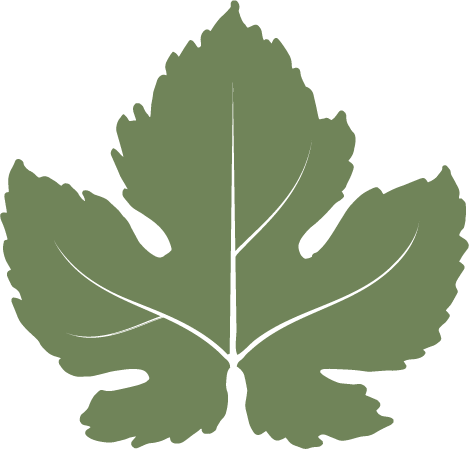What's the D with Bio-D?
After reading a few Steiner books, interviewing Biodynamic winemakers, and even getting lost in couple hate threads that claim the practice is all a big hoax, this is my personal opinion on BioD winemaking.
First of all, what is Biodynamic wine?
Essentially, Biodynamic winemaking incorporates astrology and utilizes the lunar cycle as a guide to planting and tending to grapevines. In addition to this holistic style of agriculture, it is crucial that a winery act in an organic fashion, without the addition of man-made substances.The ideals of organic winemaking stem from the notion that everything in nature survives without chemicals, therefore wine should be no different. Biodynamics, however, takes it a step further and views a vineyard as an entire ecosystem, allowing plants and animals to take the place of chemical additions.
Is Biodynamic wine weird?
Sure, Biodynamics is often described as weird or bizarre and can come with some incredibly dubious techniques. For example, fertilization involves burying a cow horn filled with the manure of a lactating cow, unearthing it in the spring, adding water, and then spraying it around your vineyard. While this hasn’t been proven effective, it hasn’t been proven ineffective either.
Who started it?
Biodynamics was founded by Austrian Philosopher, Rudolph Steiner in 1924. With a strong interest in all things agriculture, Mr. Steiner conducted extensive research and identified several commonalities among viticulturists who seemed quite connected to their environments. He took their practices and formulated them into a set of rules and even a calendar for Biodynamic vineyard management. Most of his findings have not been proven legitimate, in fact, several have been discovered as incorrect. What has been recognized effective, however, are his claims on naturally produced pesticides, as well as his instruction for picking grapes late at night. This is when temperatures are coolest, and grapes have the lowest chance of bursting before arriving to the winery intact. If you look into most Biodynamic preparations, they are basically homeopathic in nature and used to heal the earth.
Mr. Steiner had a unique mind, attributing intuition as the source behind several of his principles. Whether his findings are completely valid or merely the result his extensive acid trips, many of my favorite wineries are practicing Biodynamic viticulture today. In fact, thousands of winemakers are following his concepts, leading me to the conclusion that Biodynamics isn’t one big hoax. Regardless of the many eccentric practices, the intense attention it forces growers to pay in the vineyard can't be anything but beneficial to the final product.
Side note, and perhaps unrelated: Rudolph Steiner also founded the Waldorf Schools. After attending one for 8 years, I can tell you first-hand that, while art projects far surpassed math equations, the 9 other middle school grads in my class went on to be extremely successful in life. Food for thought.
Ok, so any favorites?
The list below contains a few of my favorite Biodynamic wines, available now from Convive Wine and Spirits (NYC and online): http://www.convivewines.com/
White Wines:
1.) Knauss 2016 Weiss Blend, Germany @ $17
2.) Pedralonga 2015 Albarino, Spain @ $29
3.) Domaine de la Taille aux Loups 2014 Vouvray. Loire, France @ $40
Red Wines:
1.) Montinore Estate 2015 Pinot Noir Willamette Valley, USA @ $19
2.) Dettori 2011 Cannonau Sardinia, Italy @ $30
3.) Bedrock 2014 Old Vines Zinfandel, California @ $24
Where can I taste one in NYC?
You’ll surely find more than a few Biodynamic wines at one of these NYC bars and restaurants.
1.) Ten Bells
2.) The Four Horsemen
3.) Anfora
4.) Racines
5.) Jadis

